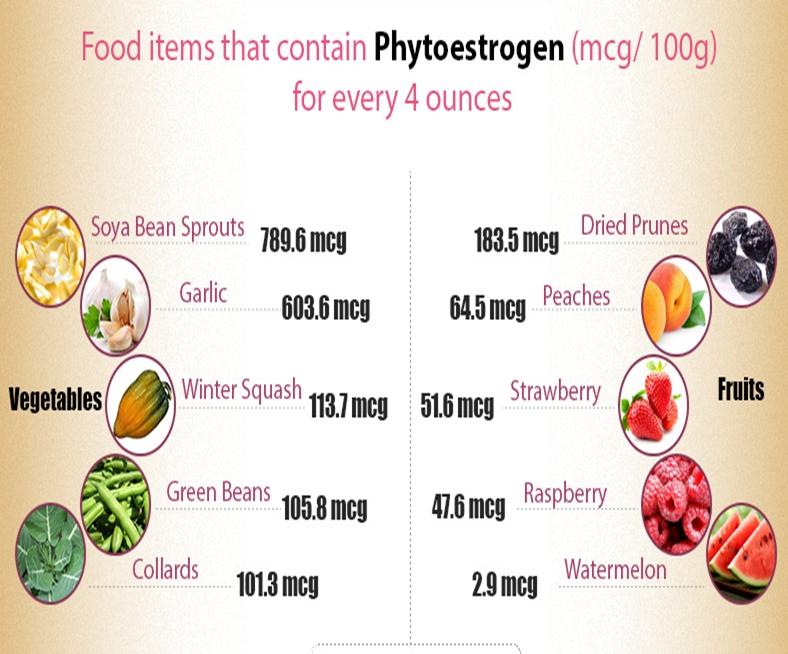Egg products are a common ingredient in dog food, and they can provide a number of nutritional benefits for your pet. Eggs are a good source of protein, vitamins, and minerals, and they can also help to improve the palatability of dog food.

Protein: Eggs are a high-quality source of protein, and they are easily digestible for dogs. Protein is essential for building and maintaining muscle mass, and it also helps to support the immune system.

Vitamins and Minerals: Eggs are a good source of a number of vitamins and minerals, including vitamin A, vitamin D, vitamin E, riboflavin, niacin, and pantothenic acid. These vitamins and minerals are essential for a healthy coat, strong bones, and a healthy immune system.

Palatability: Eggs can help to improve the palatability of dog food, making it more appealing to your pet. This is especially important for dogs who are picky eaters or who have a sensitive stomach.
Types of Egg Products Used in Dog Food:
- Whole eggs: Whole eggs are the entire egg, including the yolk and the white. They are the most nutritious type of egg product, but they can also be the most expensive.
- Egg yolks: Egg yolks are the yellow part of the egg. They are a good source of protein, vitamins, and minerals, but they are also high in fat.
- Egg whites: Egg whites are the white part of the egg. They are a good source of protein, but they are not as nutritious as whole eggs or egg yolks.
- Dried egg products: Dried egg products are made from whole eggs, egg yolks, or egg whites that have been dried and powdered. They are a convenient and affordable way to add eggs to your dog’s food.
How Much Egg Product Should You Feed Your Dog?
The amount of egg product that you should feed your dog will depend on their size, activity level, and overall health. A good rule of thumb is to feed your dog 1/2 to 1 egg per day. If you are feeding your dog a diet that is high in protein, you may need to reduce the amount of egg product that you feed them.
Can Egg Products Be Harmful to Dogs?
Eggs are generally safe for dogs to eat, but there are a few things to keep in mind. First, eggs should always be cooked before feeding them to your dog. Raw eggs can contain bacteria that can make your dog sick. Second, avoid feeding your dog eggs that are high in fat, such as fried eggs or eggs that have been cooked with butter or oil. High-fat foods can cause pancreatitis, a serious inflammation of the pancreas.
If you are unsure whether or not egg products are safe for your dog to eat, talk to your veterinarian.










